THE LONGING (DAS VERLANGEN)
Reviewed by Sheila Johnston in LocarnoScreened in competitionDir: Iain Dilthey. Germany. 2002. 90mins.
The winner of this year's Golden Leopard in Locarno, The Longing (Das Verlangen), a low-budget film school graduate work by the Scottish-born, German-bred director Iain Dilthey, presents a redoubtable marketing challenge. With its sombre subject and heavy debt to traditional European art cinema, in particular Fassbinder, Bergman and Dreyer, this is rigorous, uncompromising fare that today looks perversely uncommercial. Its small but doubtless appreciative audience will be confined to ardent cinephiles, but daring specialist distributors may want to throw in their lot with an extremely promising new talent at the start of his career.
The Longing forms what Dilthey calls a loose "trilogy of desire", together with an earlier short and the director's previous medium-length feature, I'll Wait On You Hand And Foot (Ich Werde Dich Auf Haenden Tragen) which was acclaimed in Locarno last year. Centred like the two other films on a frustrated woman trapped in an impossible situation, it tells the story of Lena (Susanne-Marie Wrage), who is married to a pastor many years her senior (Klaus Gruenberg) and lives in an isolated village in south-west Germany.
Life for Lena is dull and depressing. Her husband, an austere patriarch borrowed from Bergman's movies, barely speaks to her (although he seems remarkably keen on exercising his marital rights). Excursions are limited to trips to the village shop, whose poisonous gossips could have stepped straight out of Fassbinder's Fear Eats The Soul, and to her bitter, bed-ridden sister-in-law, who attacks her verbally and physically for her pains. However Lena's world is transformed by a sudden, overwhelming passion for a rugged local car mechanic (Robert Lohr), which she refuses to relinquish, even after she comes to believe he has committed two shocking murders.
Das Verlangen wears its cinematic influences a little over-visibly. The Fassbinder touch also shows in Dilthey's preference for medium close shots and characters framed in windows or doorways, as well as in the timbre of the language and performances. Another reference point is Dreyer's Day Of Wrath (1943), whose lead actress bears a strong resemblance to Wrage and which is also about a pastor's wife embroiled in a taboo love affair.
However, there is also plenty of evidence here that Dilthey has a highly distinctive vision which should develop and mature in future work. Above all, the film is a superbly controlled technical accomplishment on all levels. An economical script tells the story with precision framing, effective use of colour, minimal camera movements and almost wordless scenes. Meanwhile Justus Pankau, a cameraman with 50 years' experience, ensures that the 16mm to 35mm transfer always looks great. Performances are stylised but striking across the board, with Wrage radiating a fierce wordless intensity that commands the screen throughout.
Prod co/int'l sales: Filmakademie Baden-Wuerttemberg
Prod: Till Schmerbeck
Scr: Dilthey, Silke Parzich
Cinematography: Justus Pankau
Ed: Barbara Hoffmann
Prod des: Eva Stiebler
Music: Johannes Kobilke
Main cast: Susanne-Marie Wrage, Klaus Gruenberg, Robert Lohr, Heidemarie Rohweder, Eva Loebau




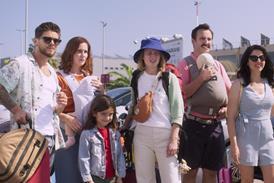
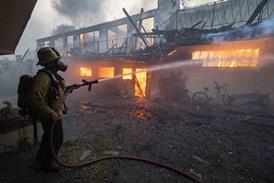
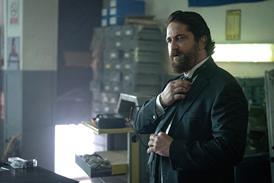



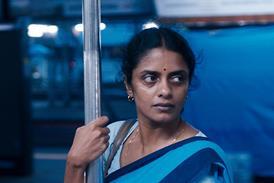

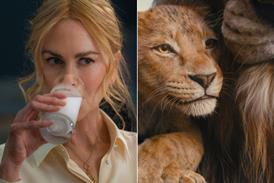


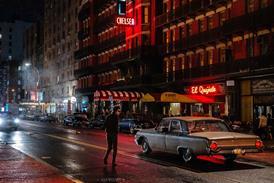

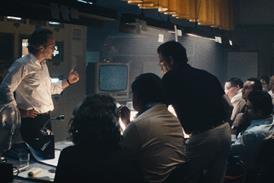

No comments yet